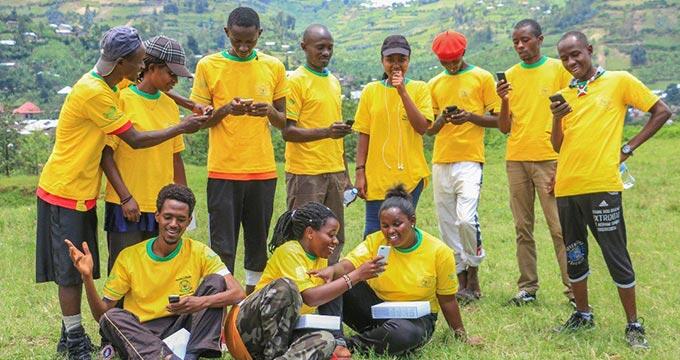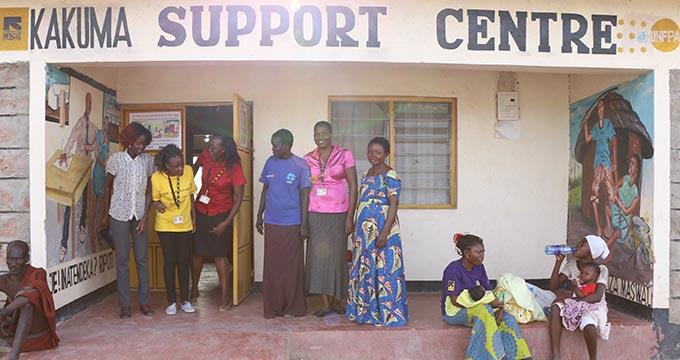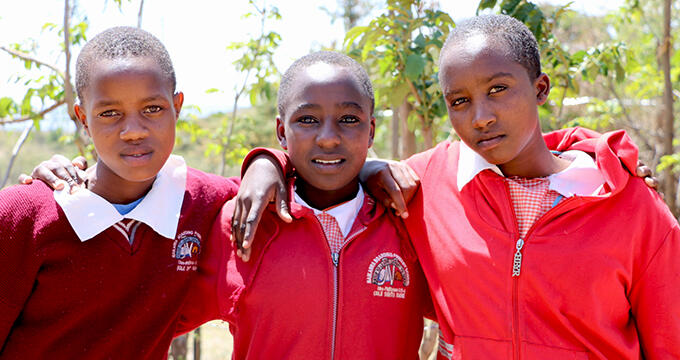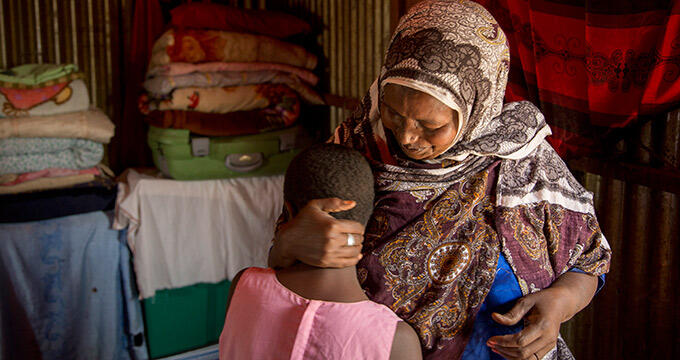
SMS tool brings sexual, reproductive health information to Rwanda’s youth
Rwanda’s health system has seen great improvements in recent years, yet one area of health care remains underserved, particularly for young people: sexual and reproductive health.

Running for her life: A journey of violence, displacement and healing
Dalia Asinde was married 16 years ago in the Democratic Republic of the Congo. She was 22 and in love, she said. But her husband soon became violent – and relentless. She lost count of the beatings, insults and torments he delivered.

From child bride to beauty expert: one Jordanian woman’s story
On most weekday afternoons, you can find 22-year-old Hiba* working at a salon in Amman. But what few of her clients know is that she was once a child bride – an experience that haunted her for years.

Escape at dawn: running away from child marriage and FGM in Kenya
I woke up one morning, and my father told me that we were poor and needed money,” said Faith Kiraison, describing the moment she learned she was engaged. She was 11 years old at the time. Her father explained that an elder in their village, in Kenya’s Narok County, would marry her and pay a bride price, which would alleviate some of the family’s financial hardship. And the news got worse: Before she could be married off, she would have to undergo female genital mutilation (FGM).

For many girls, school holidays means FGM “cutting season”
Asha Ali Ibrahim, 41, has been performing female genital mutilation (FGM) on girls in Diaami, Hargeisa, and other parts of Somalia since 1997. July and August are her busiest months of the year. “This is the peak season, when parents bring their children to be cut,” she told UNFPA.